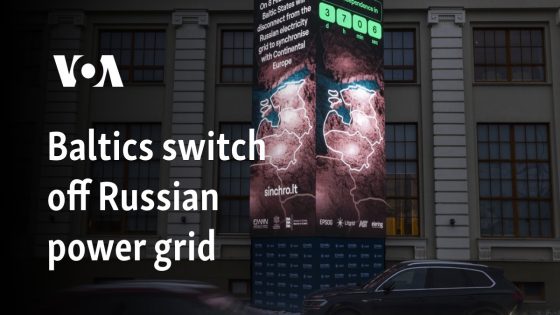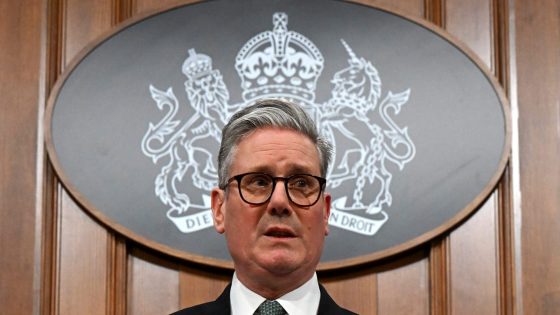On February 8, 2025, the Baltic states of Estonia, Latvia, and Lithuania officially disconnected from Russia’s power grid, integrating into the European Union’s electricity network. This significant move was prompted by security concerns following Russia’s invasion of Ukraine, allowing the Baltic nations to eliminate the risk of energy blackmail from Moscow.
- Baltic states disconnect from Russia's power grid
- Integration with EU network enhances energy security
- Celebrations planned for the historic switch
- Authorities on guard against potential cyber-attacks
- $1.7 billion invested in synchronization project
- Kaliningrad loses grid connection to Russia
Lithuania’s Energy Minister Zygimantas Vaiciunas announced the disconnection at 9:09 local time, marking a historic moment for the region’s energy independence. The Baltic states will operate in “isolated mode” for testing before fully integrating with the European grid.
The disconnection from Russia’s power grid is the culmination of a long-standing effort by the Baltic states to enhance their energy security. The three countries, which are now members of both the European Union and NATO, have been working towards this goal for several years. The urgency of this transition increased significantly after the geopolitical tensions escalated due to Russia’s actions in Ukraine.
Key details surrounding the disconnection include:
- The disconnection was completed at 9:09 local time (0709 GMT) on February 8, 2025.
- Latvia will cut a physical power line to Russia later the same day.
- Authorities are on high alert for potential cyber-attacks and other security risks during the transition.
Following the disconnection, the Baltic states will operate in isolated mode for approximately 24 hours to test their energy systems. This phase is critical for ensuring stability and reliability before they fully integrate with the European grid through Poland. The integration process is backed by significant financial investment, with $1.7 billion allocated, primarily from EU funds.
Officials from the Baltic states, including Lithuania’s Energy Minister, expressed confidence that the transition would proceed smoothly, assuring citizens that they would not experience disruptions in their power supply. However, there are concerns among some consumers about potential power cuts, leading to increased sales of generators in Estonia.
The successful disconnection from Russia’s power grid represents a significant step toward energy independence for the Baltic states. It not only enhances their security but also reinforces their commitment to European unity in the face of external threats.

































